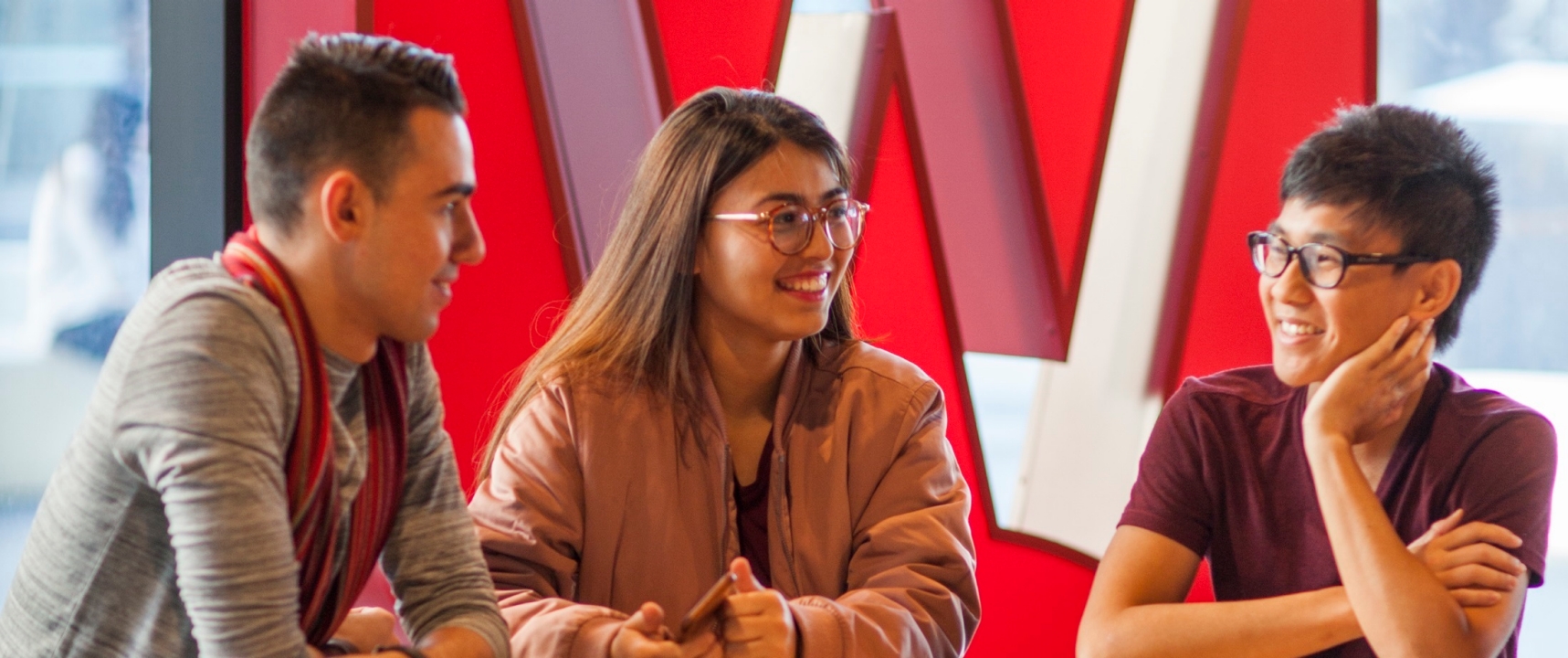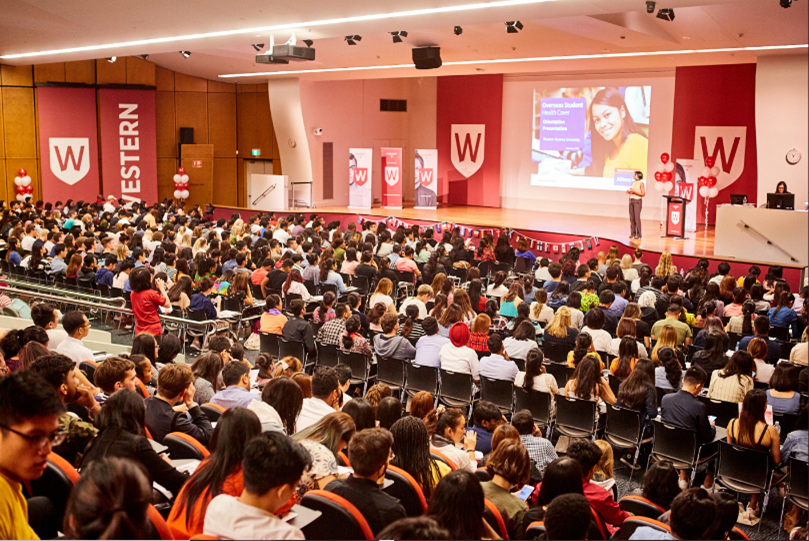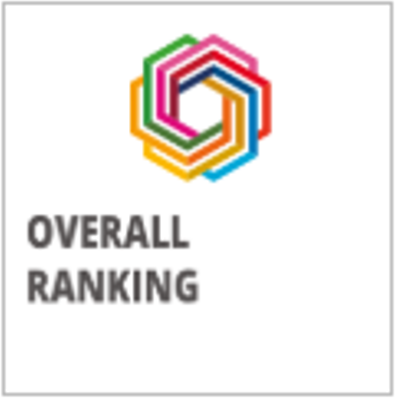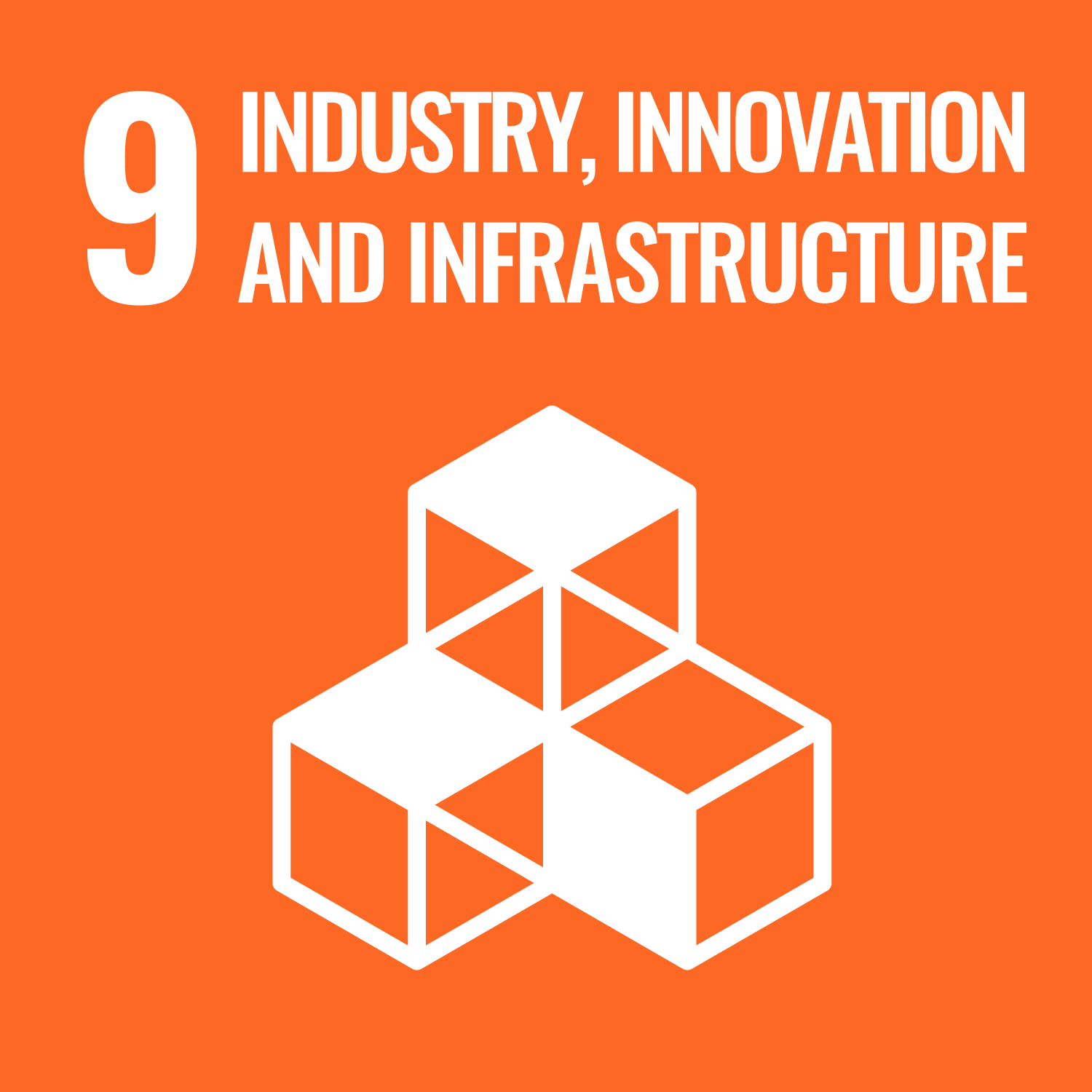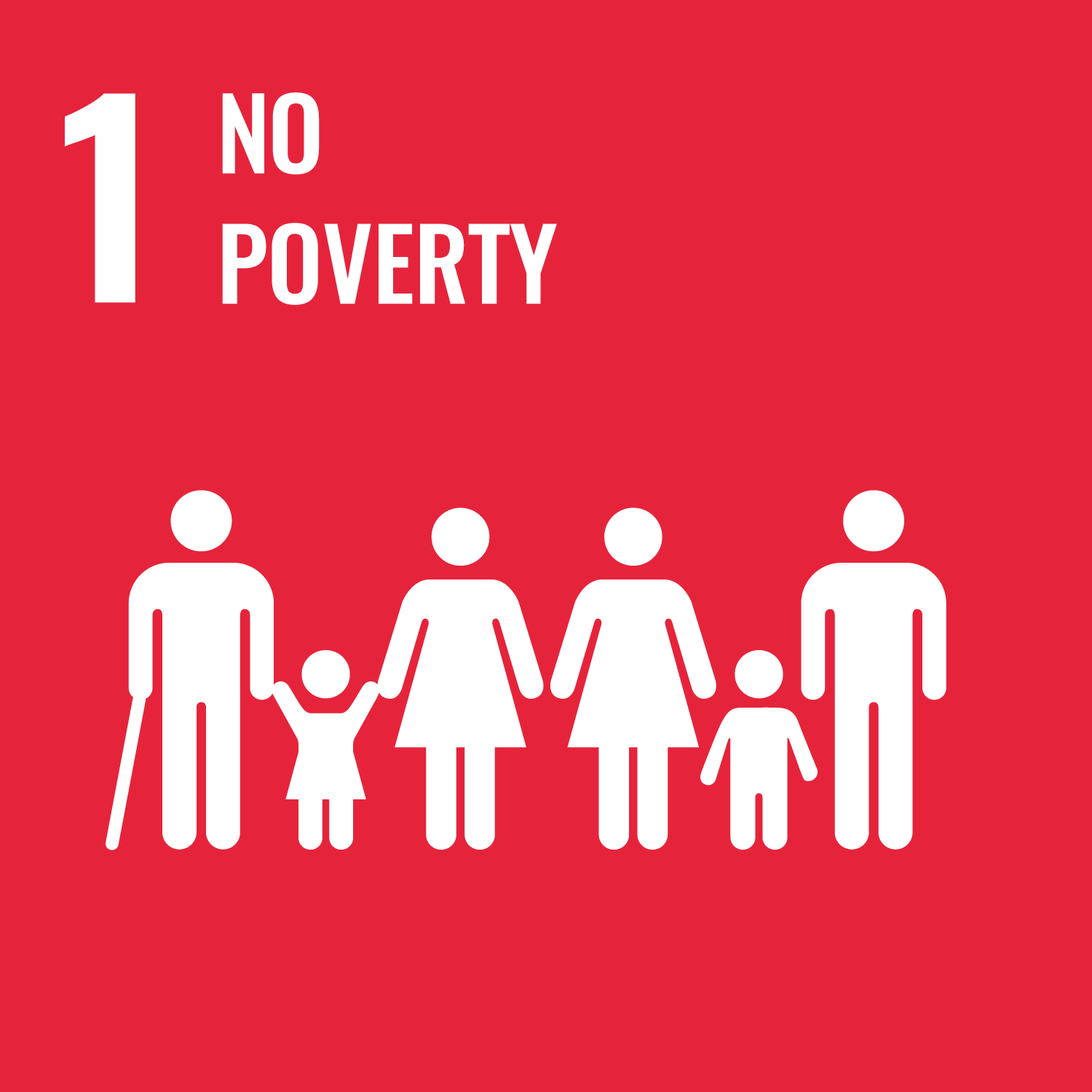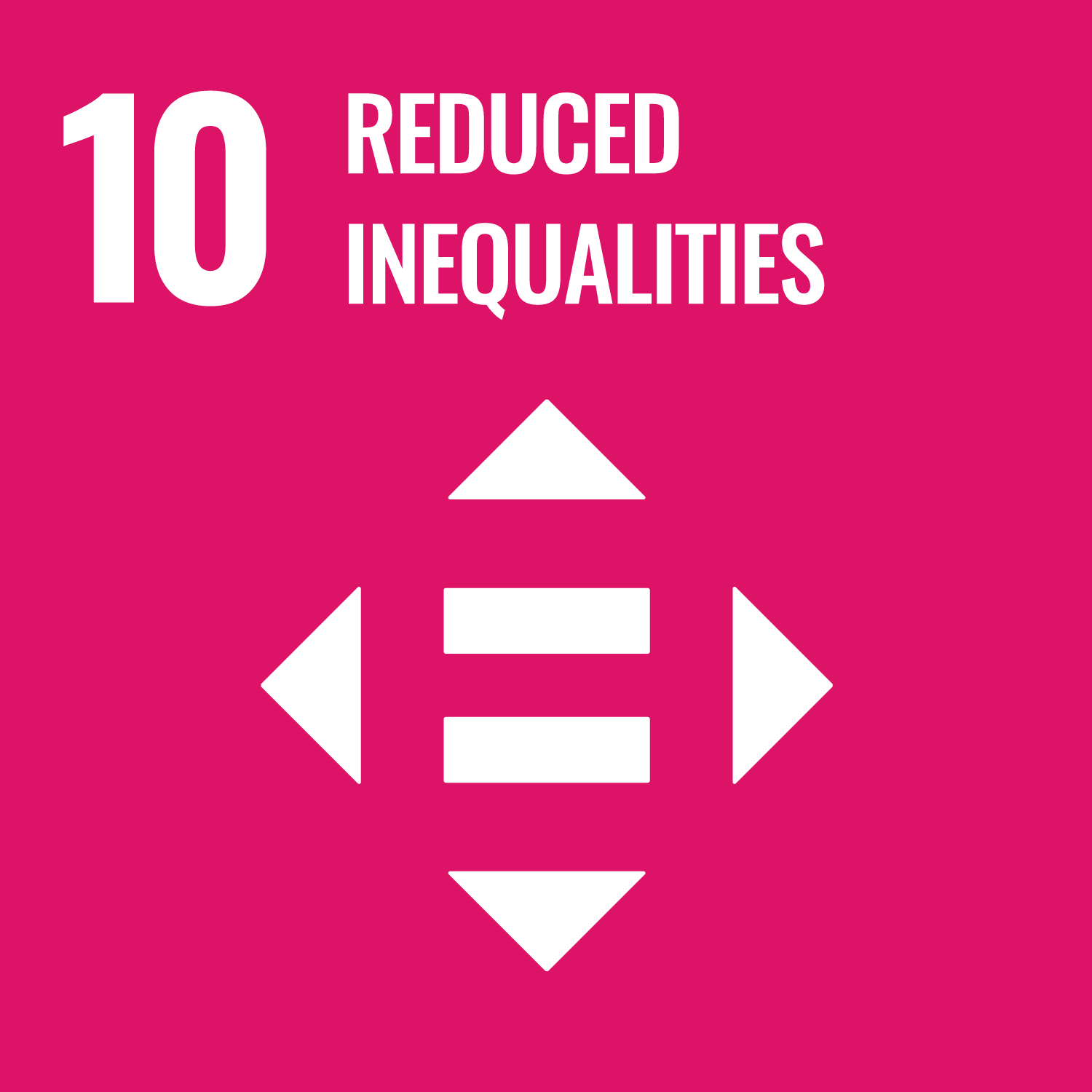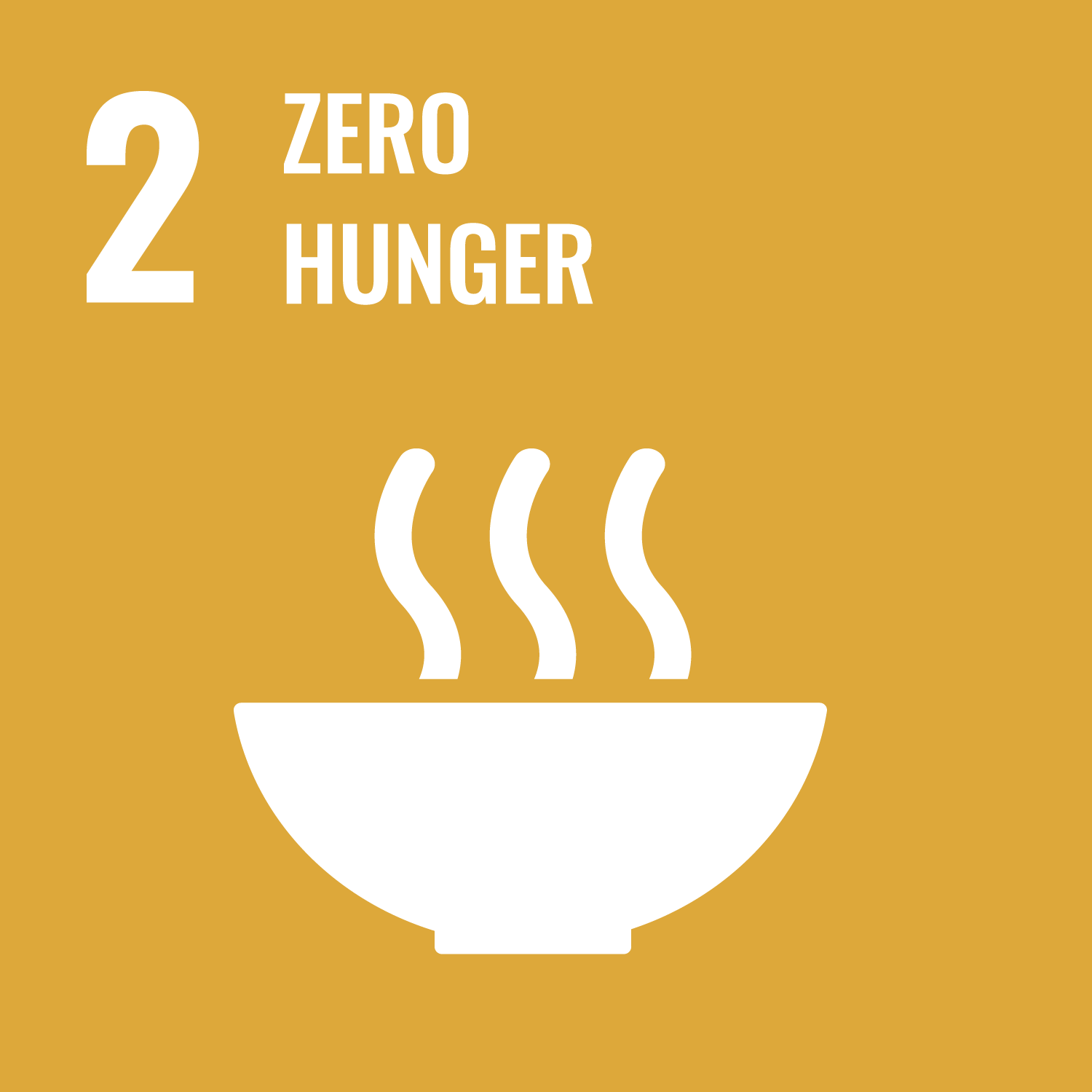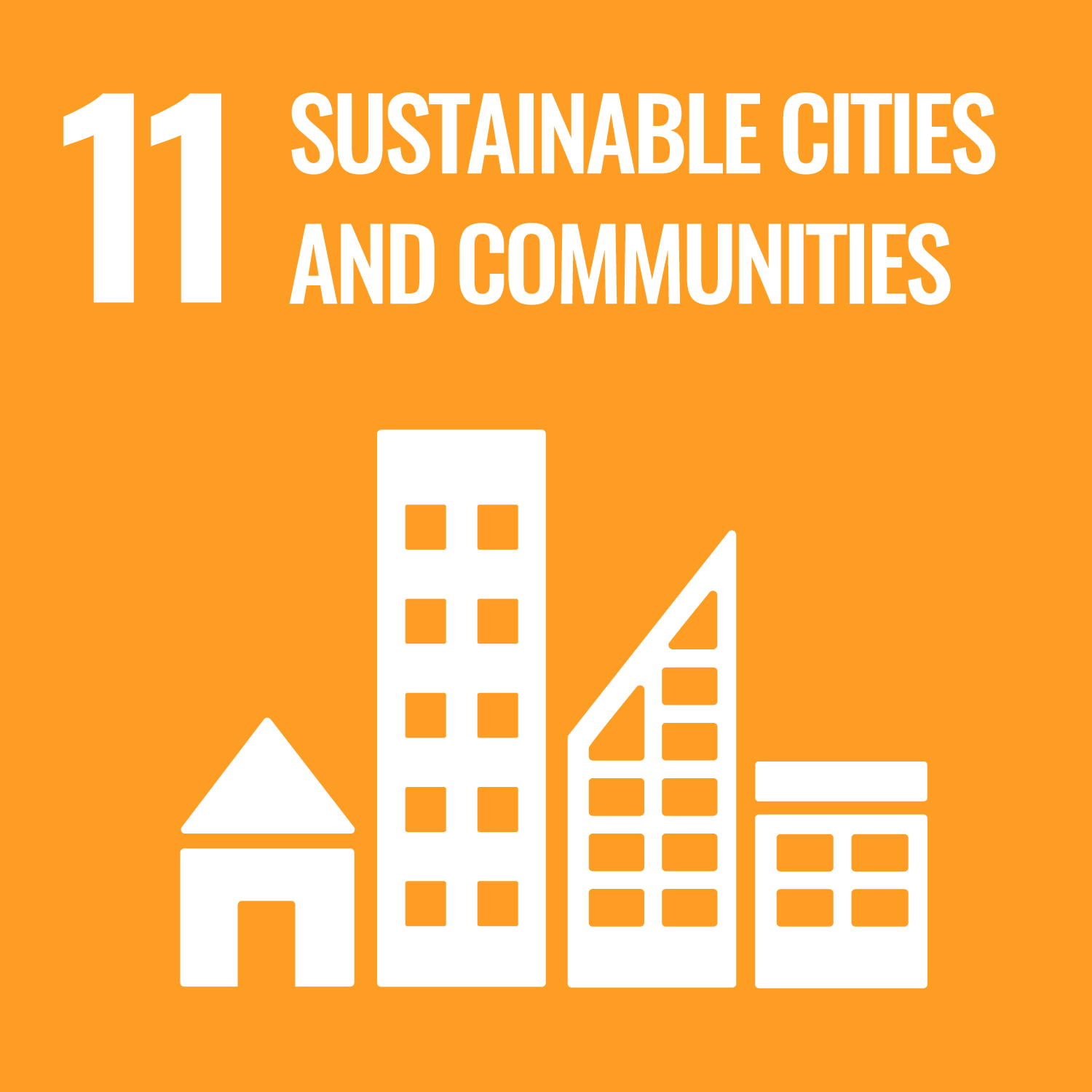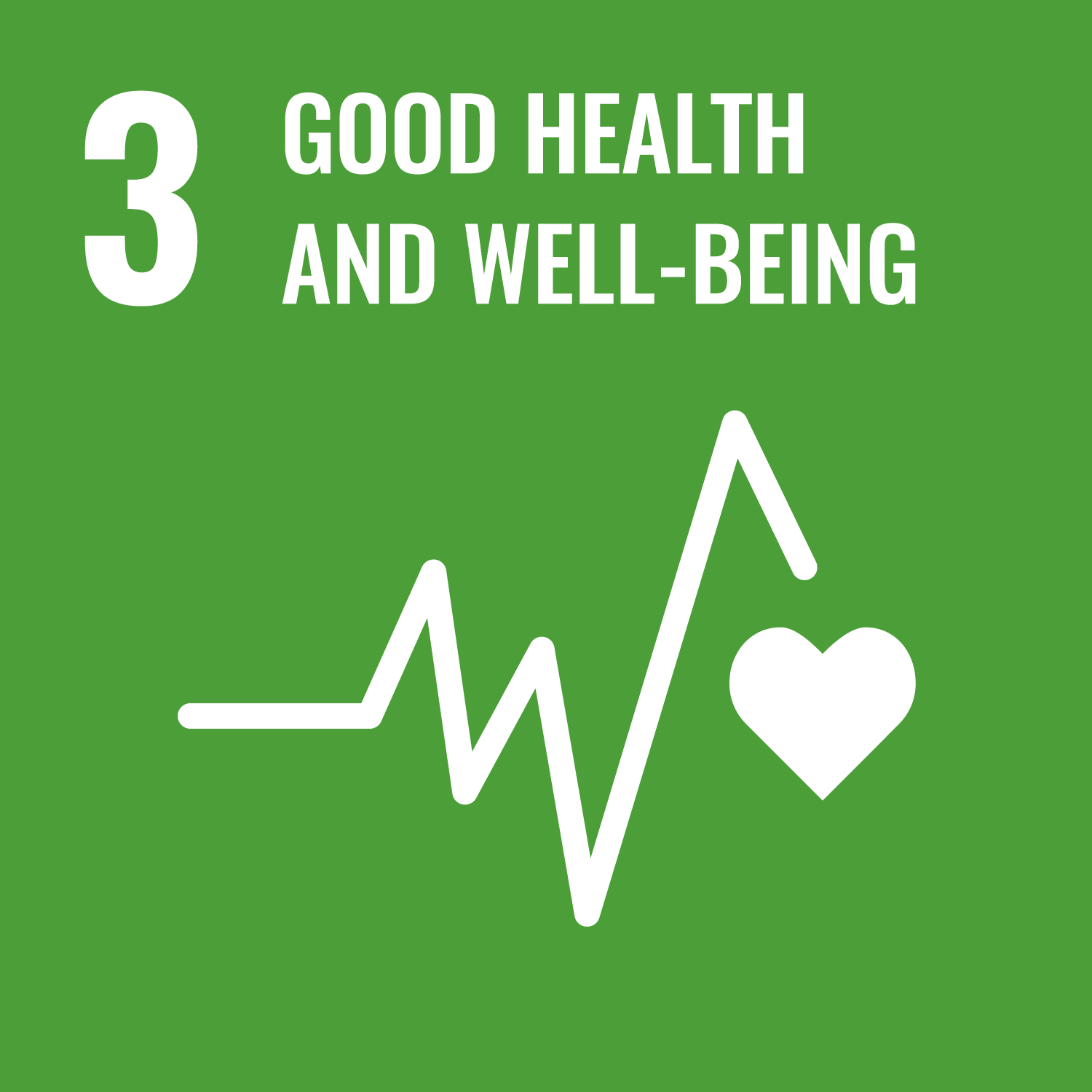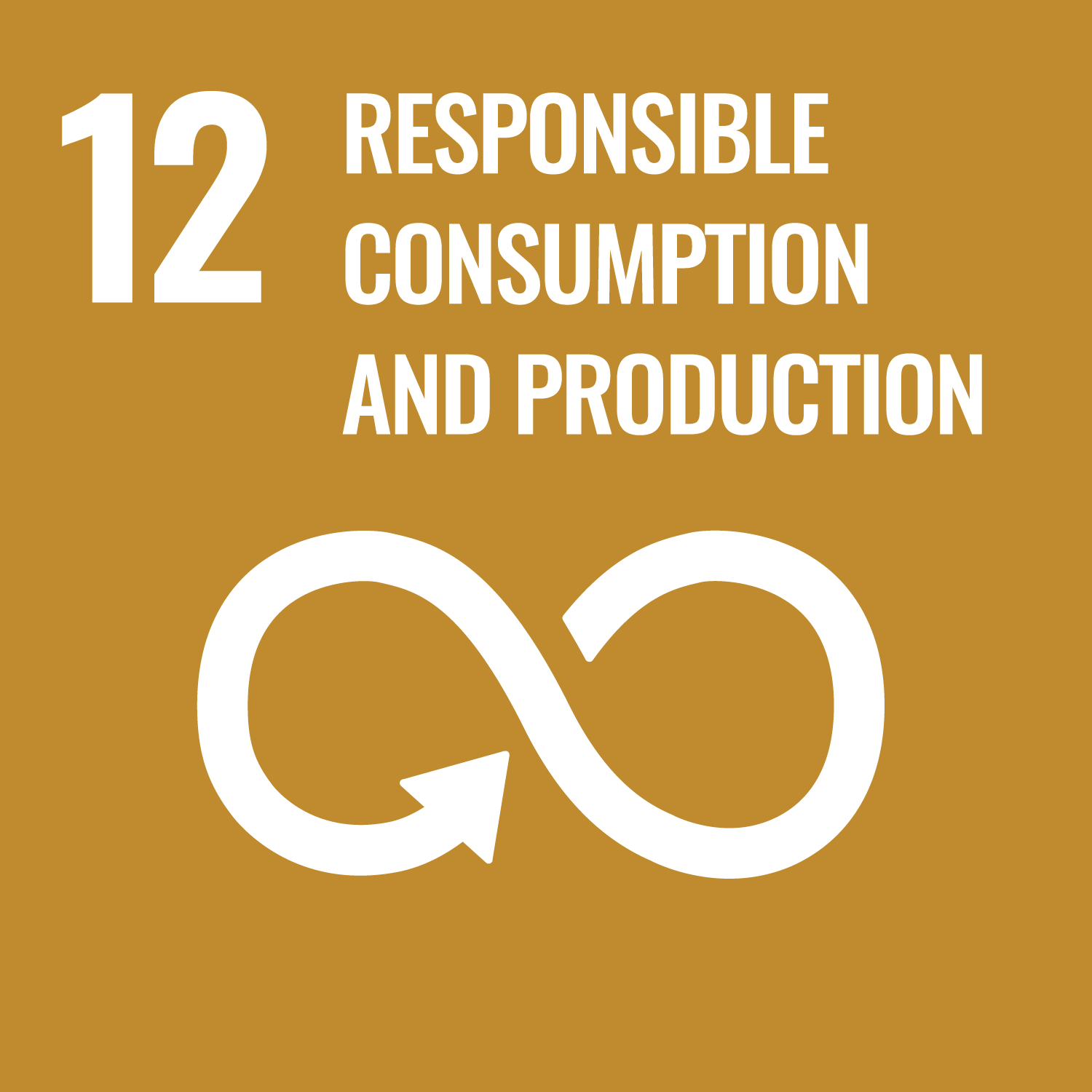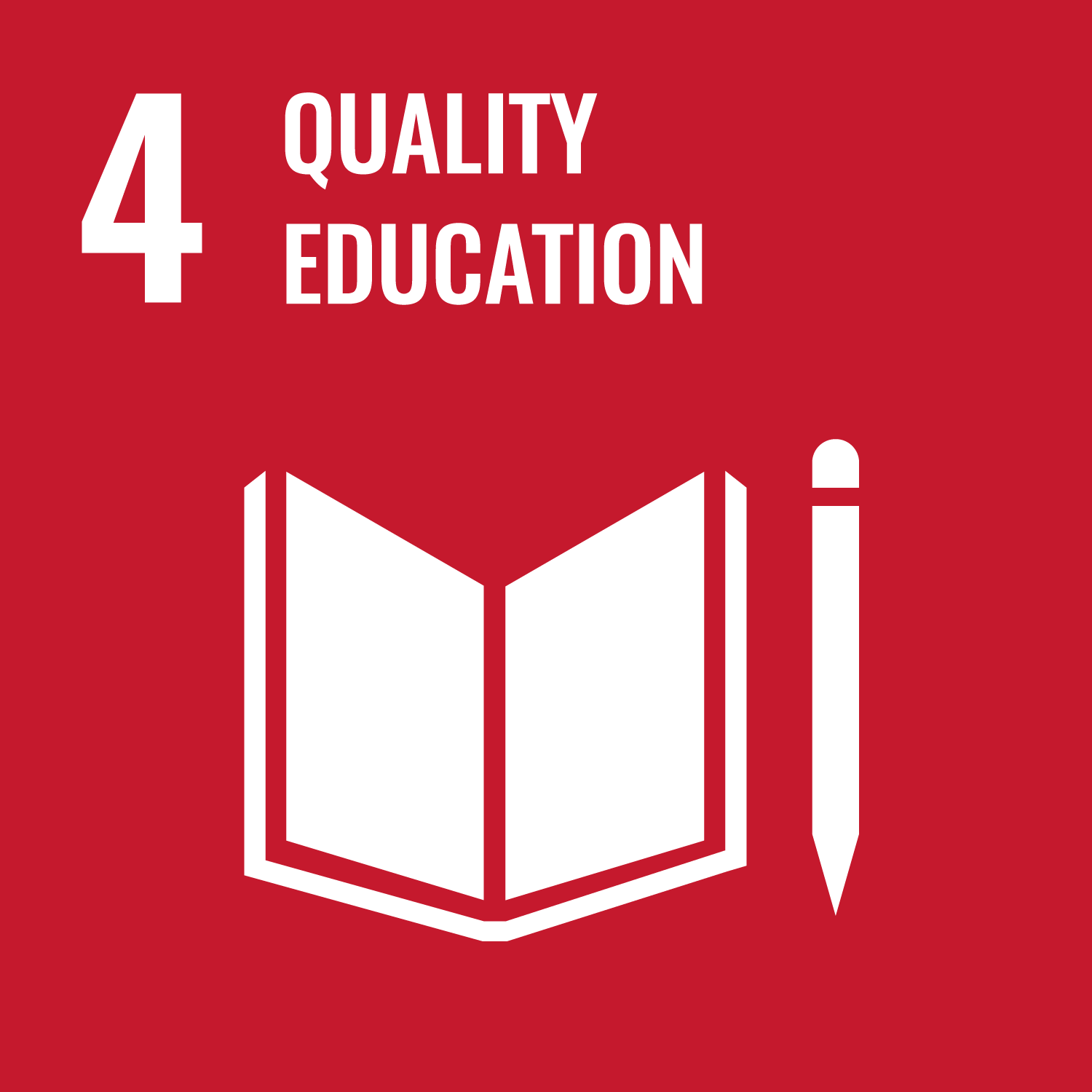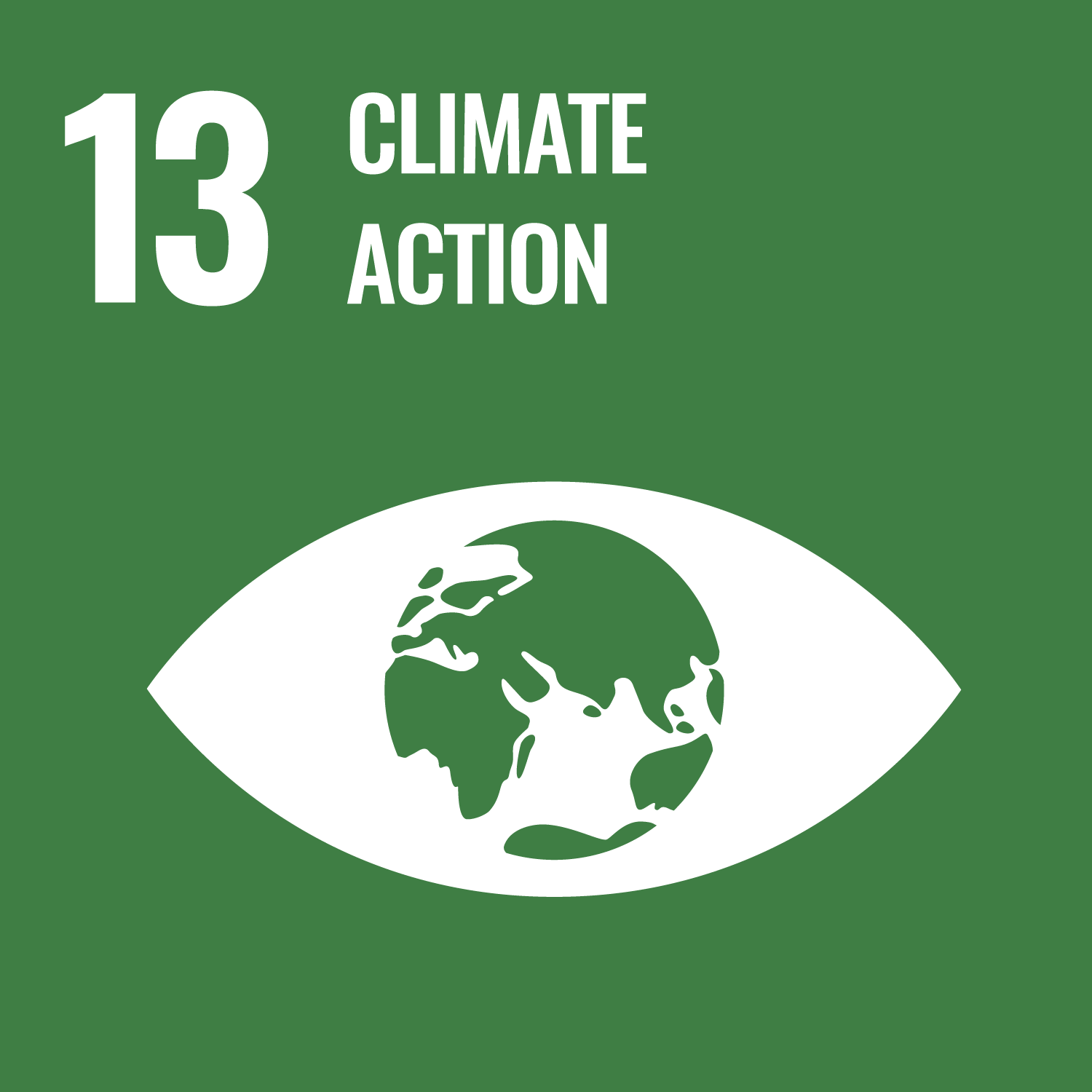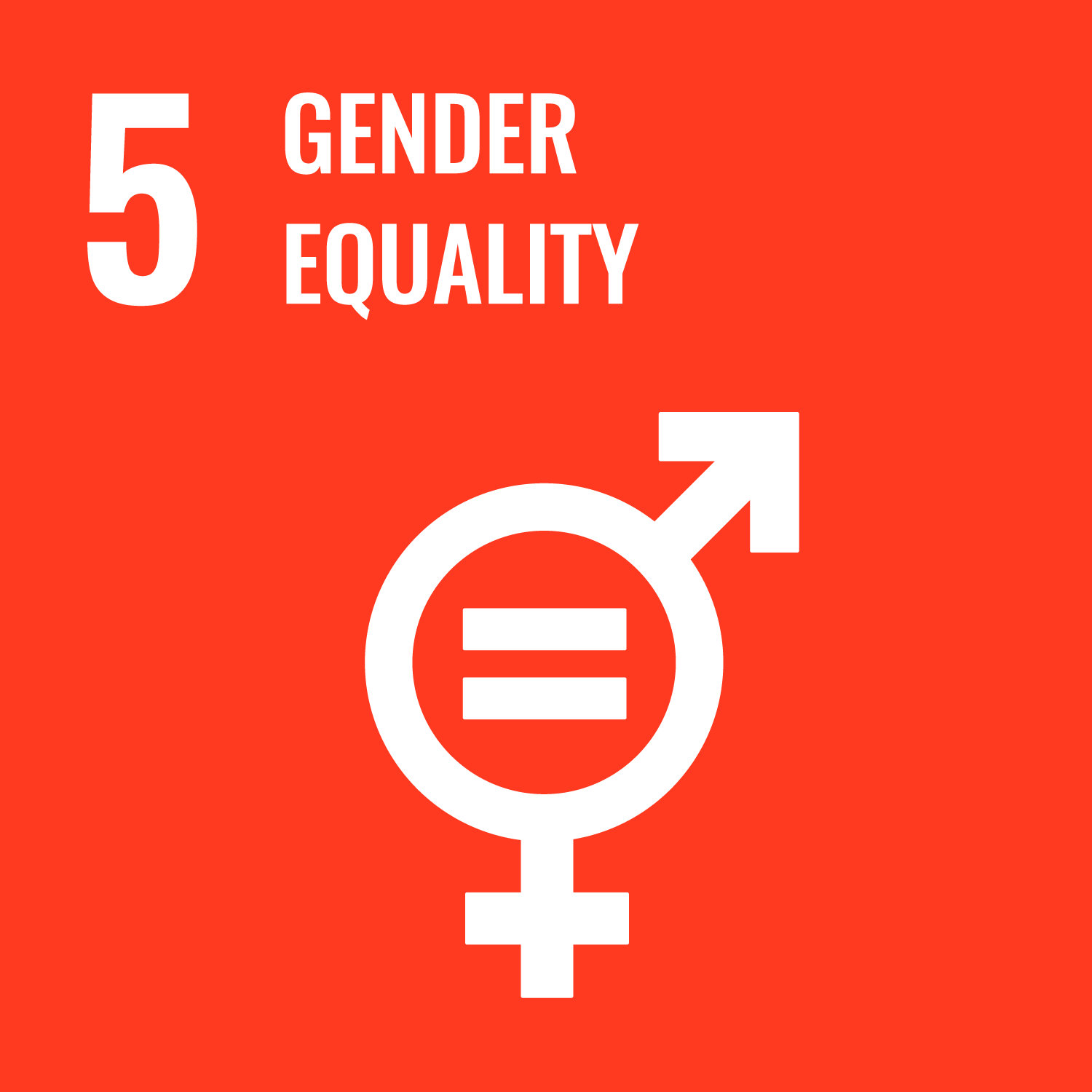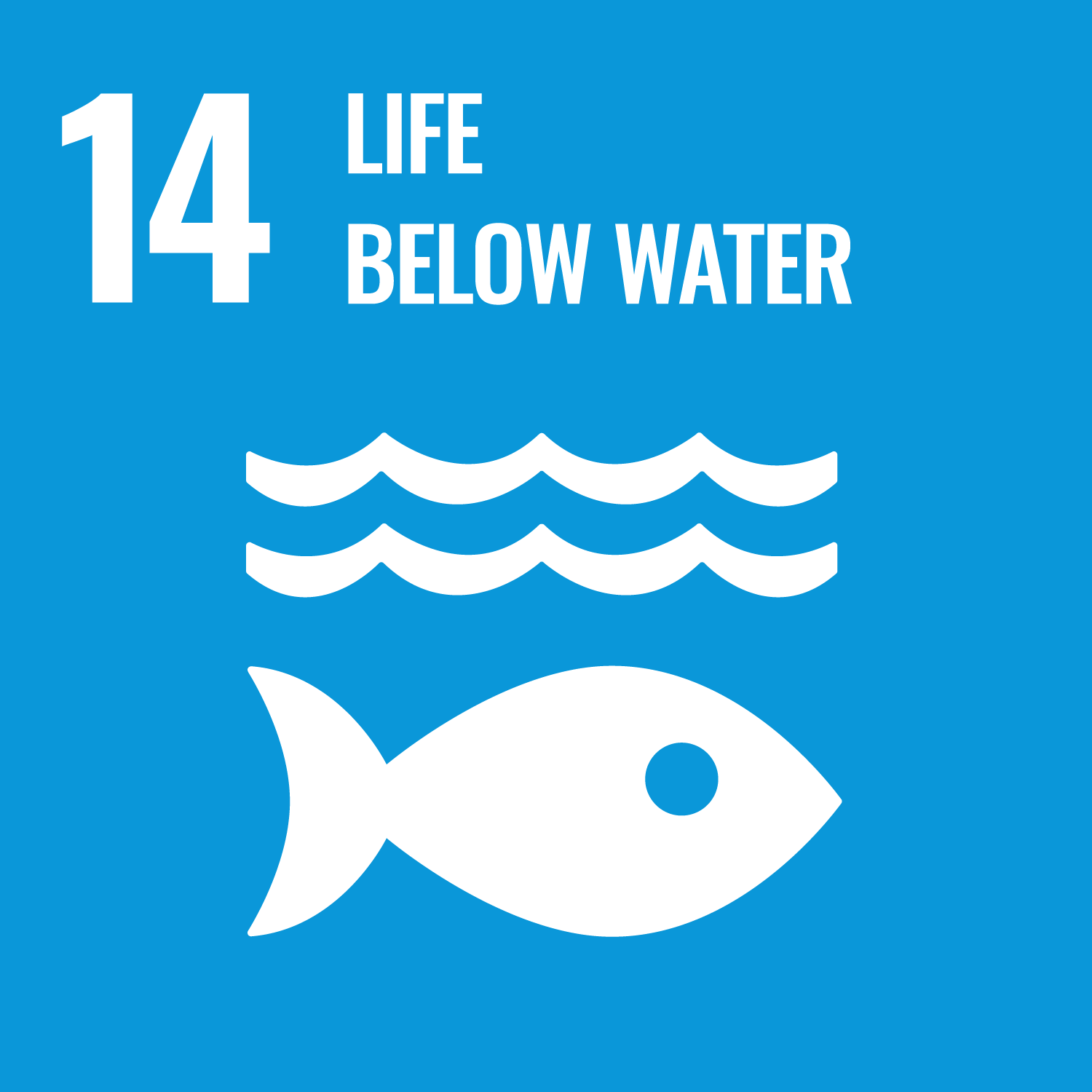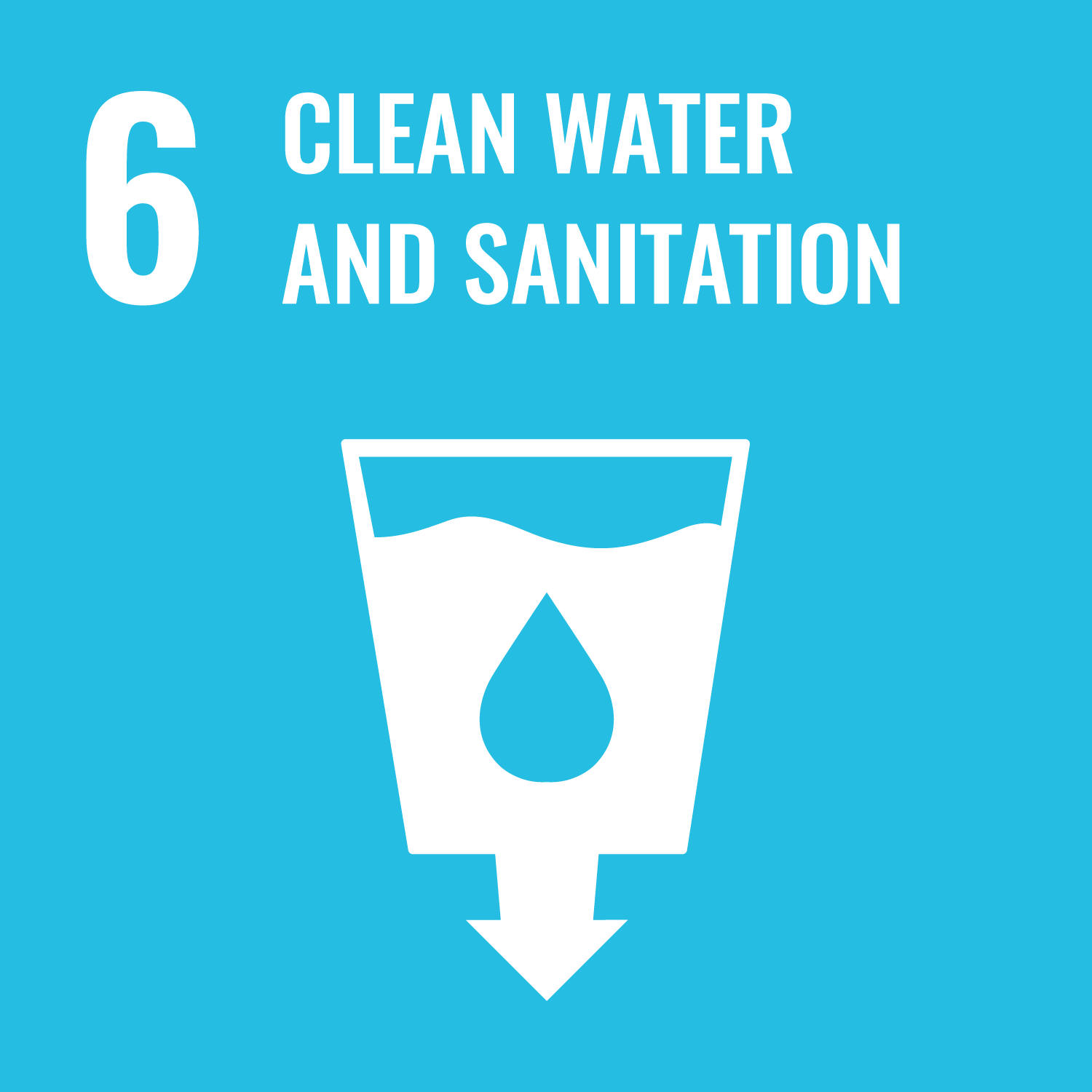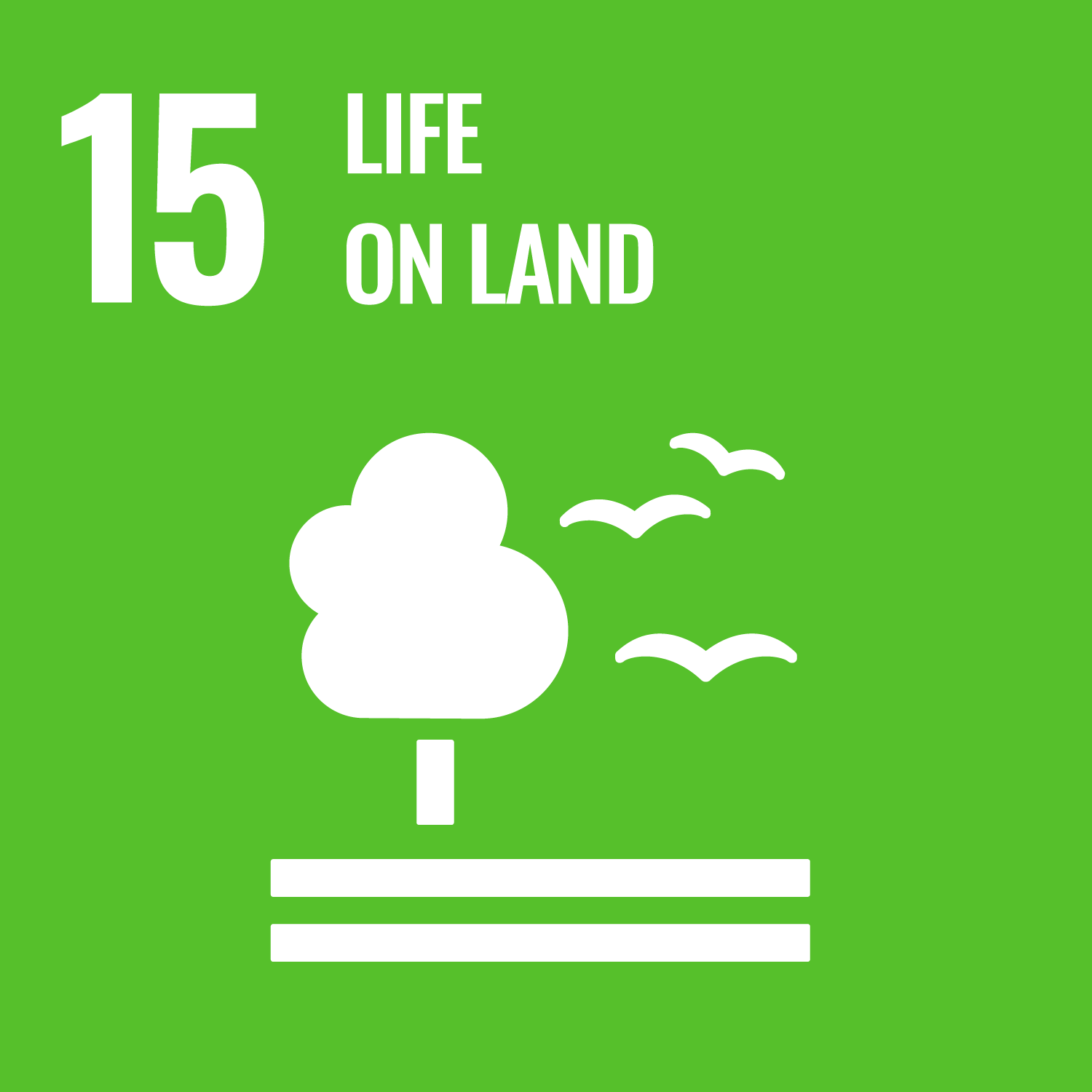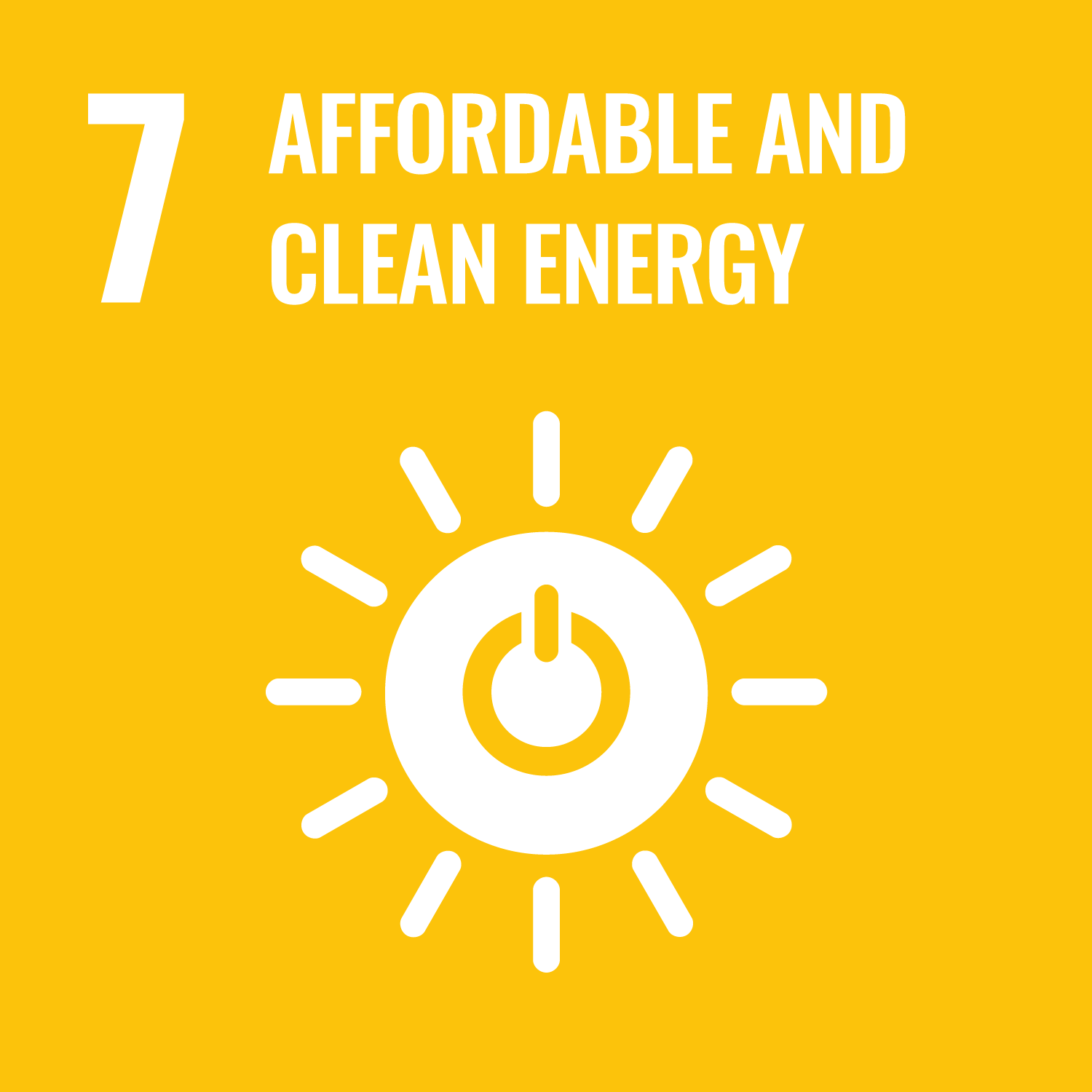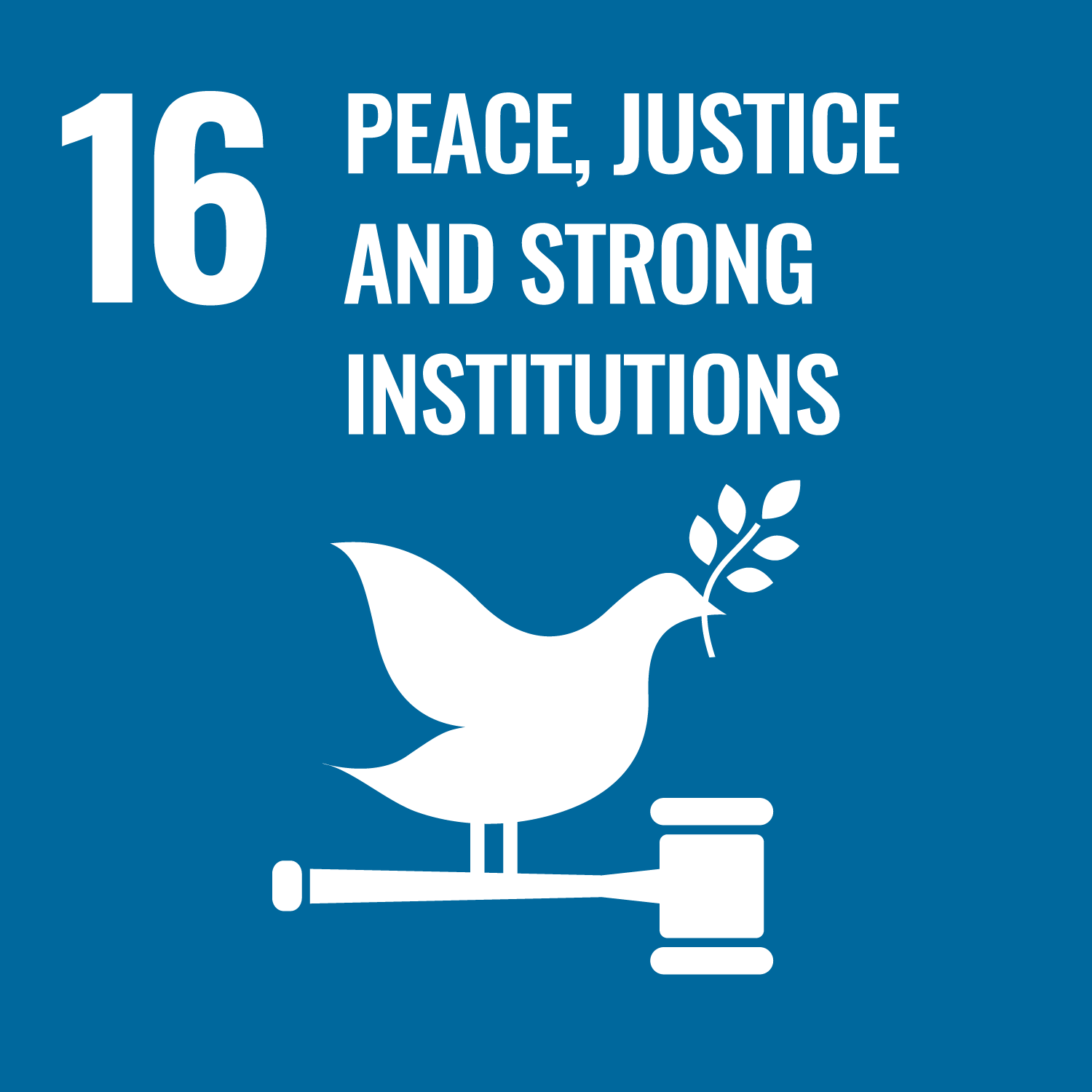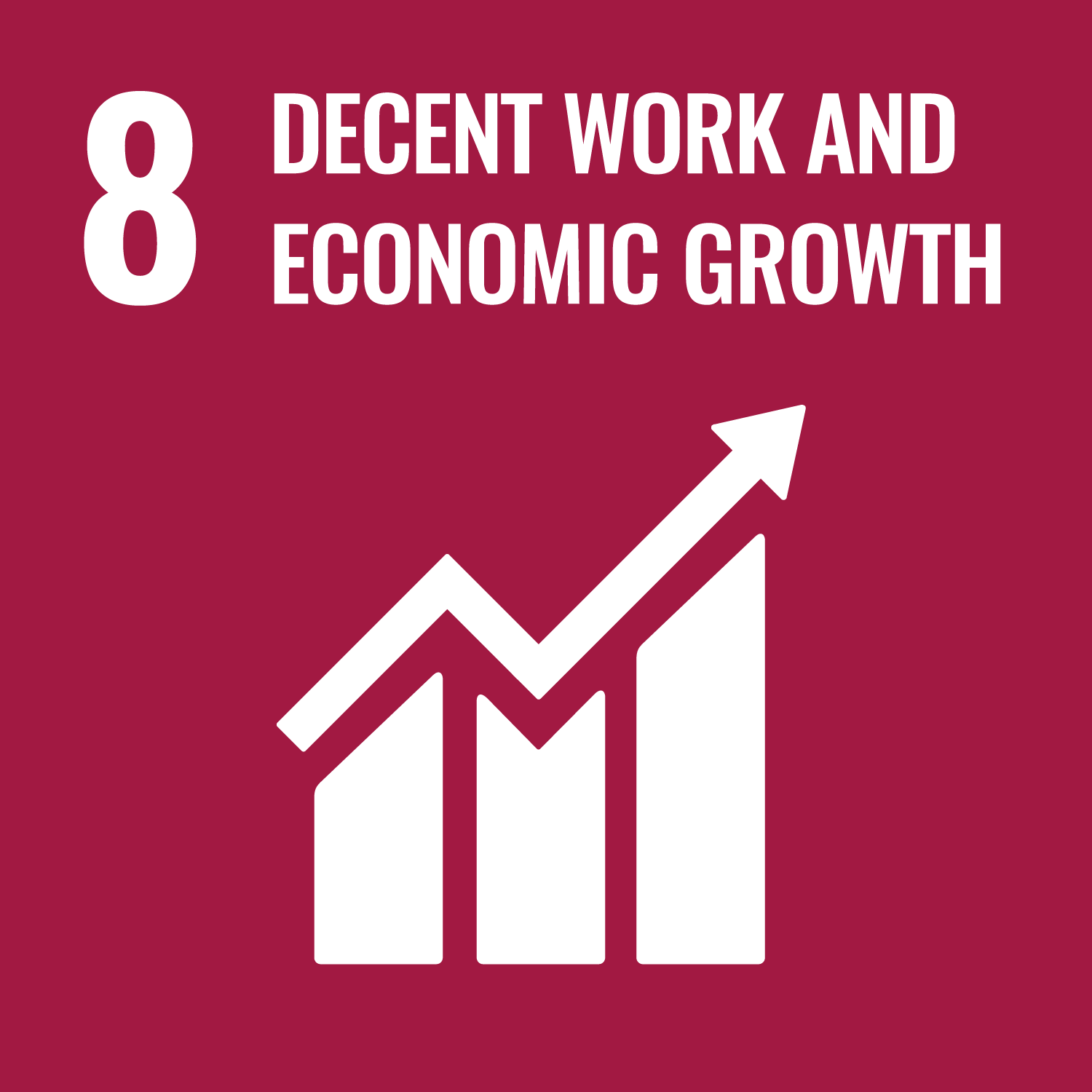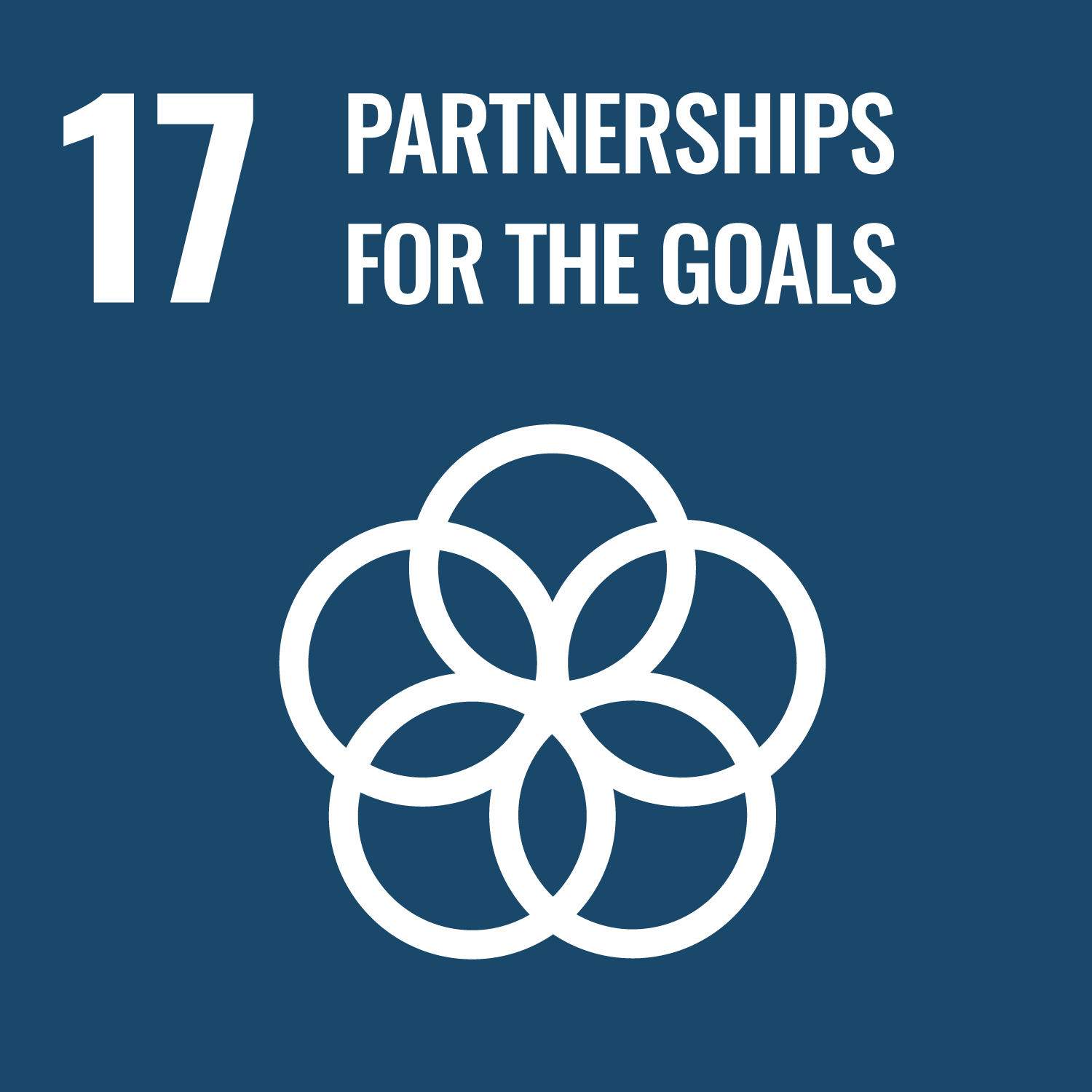You can search for courses, events, people, and anything else.
Western Sydney University’s 30 years of Transnational Education (TNE) experience, coupled with agile transition to online delivery, and ongoing learning and teaching innovations, are driving the University’s globalisation.
The TNE initiative is taking Western Sydney University’s curriculum innovation and digital transformation to global markets, with a specific focus on Indonesia, India, and Vietnam. We’re confident that through increased offshore student enrolments, we’ll not only be diversifying our revenue streams, but also enhancing opportunities for increased onshore international student enrolments.

What is Transnational Education (TNE)?
Transnational education (TNE) is defined by TEQSA as education where ‘learners are located in a country different from the one where the awarding institution is based’. TEQSA focus is on arrangements regulated under the Higher Education Standards Framework, where the outcome is an Australian award.
Western Sydney University’s TNE initiatives will position Western as ‘one university with a global footprint’, offering a Western Sydney University student experience across global partnerships and campuses. Students and staff, academics and professional, will have opportunities to spend time at campuses and with partners for short or long-term mobility, research, teaching, exchange, industry internships, innovation and start-up incubation.
Who We Are
Executive Sponsor: Professor Deborah Sweeney, Deputy Vice-Chancellor (Research, Enterprise, and International)
Initiative Lead: Professor Linda Taylor, Pro Vice-Chancellor (International)
The Team:
Marisa Furno, Associate Director, International Partnerships
Vignesh Ramalingam: Senior Project Manager, Transnational Education
Riko Panggabean, Manager, Transnational Education
Project Support:
Jie Xu, Senior Coordinator, Contracts and Operations, International Partnerships

TNE Delivery Models
The University has a range of preferred TNE delivery models as below:
- Stand-alone foreign branch campus – the University establishes a campus without the involvement of a local partner or third-party provider
- Campus in campus or joint campus model – this is where the University has a branded presence at a partner institution at which Western programs are delivered by the partner and Western quality assures all aspects of course delivery and student experience through a third-party provider
- Licensing curriculum to a higher education partner for offshore delivery – this can be all or part of a Western program
- Managed campus through a third-party provider – a Western campus is managed by a third party which delivers curriculum towards a Western degree. WSU quality assures all aspects of course delivery and the student experience
- Hybrid or online offshore delivery of Western Sydney University curriculum. This model will become increasingly important as the University’s suite of alternative credentials/short courses grows. Offshore online delivery could be through third parties or 'stand-alone'.
Priority Markets
There are currently three approved TNE priority markets for the University, which include:
- Home to more than 260 million people, the majority of whom are under 30, Indonesia is the world’s fourth most-populous country
- With more than 50 million students attending over 250,000 schools, the World Bank ranks its education system as the fourth largest in the world
- A high demonstrated demand for education and training services (20% of the national budget), which has more than doubled in the past two decades
- UNESCO’s most recent data indicates Australia is the preferred destination for Indonesian students studying overseas with 27% of the total 51,518 studying in Australia
- The largest and fastest growing digital economy in Southeast Asia
- Over 250 million school-going students, presenting a critical mass and huge opportunity in the education sector
- Ranked 48 out of 112 countries in English Proficiency Index 2021. The large English-speaking population allows easy delivery of educational products by foreign providers
- The Government of India has enabled the National Accreditation Regulatory Authority Bill for Higher Educational and the Foreign Educational Institutions Bill to support foreign education provision
- The education market in India is expected to amount to US$225 billion by 2025
- In November 2023, The Indian University Grant’s Commission (UGC) gazetted regulations to establish foreign branch campuses to meet the National Education Policy 2020 (NEP) target of increasing the tertiary-level enrolment ratio from 26% to 50% over the next decade.
- Vietnam has the fastest growing middle class in South-East Asia. 45% of Vietnam’s population is under 25, with 17% between 17 and 25 years.
- Investment in education is prioritised by the Ministry of Education and Training, with strong demand for quality international education. Vietnam is the fourth largest source market for higher education in Australia.
- The Vietnamese job market is very competitive and increasing foreign investment is leading to increased demand for students with international degrees.
- Western has built 15+ years of TNE knowledge and operational experience in Vietnam with the highly successful University of Economics Ho Chi Minh partnership and Campus in Campus model.
Western Sydney University aims to align with the Government’s Australian Strategy for International Education 2021-2030 and the National Priorities and Industry Linkage Fund (NPILF) by setting high-quality partnerships to foster innovation in areas that meet the skills needs of Australia and to support the Australian Government’s Services Exports Action Plan, and bilateral Free Trade Agreements in priority markets. Western will:
- Explore delivery of Western Sydney University award programs in selected priority markets, including Pathways, Undergraduate and Postgraduate programs
- Establish stand-alone branch campuses, managed campuses, campus-in-campus, partnership/third party arrangements, or other formal teaching presence, in selected priority markets
- Enhance recruitment of international students into Western Sydney University’s onshore programs with suitable partners or third-parties supported by a broad range of TNE initiatives;
Achievements so far:
- In December 2021, as part of the Transformation Program, the Board of Trustees approved a 'Transnational Education (TNE)' Strategic Initiative to deliver Western Sydney University (Western) curriculum offshore. Indonesia was identified as the first TNE priority market, with Surabaya selected as the location for a Western Sydney University foreign branch campus.
- The Western Sydney University Indonesia, Surbaya Campus was launched on 9 November 2023. The event was attended by the Australian Minister for Education, The Hon Jason Clare, the Indonesian Minister for Education, The Hon Nadiem Makarim and the Governor of East Java. of the new WSU Surabaya Campus to be established in Pakuwon Tower in Central Surabaya was held on 9th November 2023.
- Five programs will be delivered from September 2024, being Bachelor of Computer Science, Bachelor or Data Science, Bachelor of Information and Communication Technoloyg, Bachelor of Business (Applied Finance), and Bachelor of Engineering Science (Electrical).
- Innovative Research Universities (IRU)
- Western will participate in the Innovative Research Universities (IRU) proposition for a consortium-led teaching presence in India. Inaugural IRU members include Western Sydney University (NSW), Flinders University (SA), James Cook University (QLD), Griffith University (QLD), University of Canberra (ACT), and La Trobe University (VIC).
- IRU members have undertaken comprehensive and detailed market research on location, demand, and programs and a formal proposal will be presented to Vice-Chancellors of IRU participating members for approval in December 2023 – outcomes to be published in due course.
- Western Sydney University Agriculture Campus
- In partnership with a high-quality local partner, Western proposes to establish a ‘future-tech’ agriculture campus to leverage the University’s reputation in India in protected cropping and intensive horticulture, and strong relationships with the Indian Council of Agricultural Research (ICAR) and State Agriculture Universities. The agriculture campus will consolidate the University’s reputation in this field and serve as a hub for ‘future of agriculture’ research with partnerships throughout Asia.
- Market research has commenced with initial campus value proposition, course demand and fee estimates being defined. A preliminary financial model and market entry strategy is being developed with legal, tax and regulatory advice to be provided. It is proposed that the campus initially offer undergraduate programs focused on emerging technologies in agriculture, drawing on engineering, science, business and computer science courses. The campus will also focus on ‘agri-preneurship’ working with industry, research institutes and start-ups in a ‘launchpad’ incubator.
- Western proposes to expand the current TNE partnership and managed campus arrangement with University of Economics Ho Chi Minh City (UEH) to extend the suite of programs currently delivered by UEH.
- Western and UEH have reached a common understanding of the proposed expansion and further work will be undertaken in 2024 to progress the development of a formal business case for approval.
Western Sydney University ranks #1 in the world for commitment to United Nations’ Sustainable Development Goals (SDGs). The Western Sydney University Transformation Program aligns with, and specifically addresses, four main SDGs: Quality Education; Decent Work and Economic Growth; Industry, Innovation and Infrastructure; and Partnerships for the Goals.
- Aims to seek new markets to deliver a suite of upskilling courses.
- Aims to increase access to industry-based micro-credentials, which provide opportunities to develop skills in line with the needs of the workforce.
How can I learn more?
You can contact the Program Management Team via our Feedback Form or you can email transformationprogram@westernsydney.edu.au
Several project-related roles will be advertised during the course of this program. Please keep checking the Jobs webpage for vacancies
Frequently Asked Questions
TNE projects under the University’s Transformation Program will provide benefits to Western Sydney University in a number of different ways, including:
- Increases Western’s visible presence in strategic markets which builds brand and enhances the University’s profile.
- Enhances brand and profile to attract greater interest by current and prospective partners, Industry and students’ in-country to broaden partnership activity, explore research and study at Western Sydney University in Sydney.
- Provides advantages to Western Sydney University to explore Government initiatives in terms of research, scholarships, student mobility, industry, such as participating in sponsorship programs, to enable increased profile in local market.
- Diversifies revenue streams to the University which reduces the risk of relying solely on international student recruitment to onshore.
- Brings increased university revenue with new/increased enrolments in the new proposed priority markets.
- Once established it can provide collaboration opportunities in country such as research and government initiatives.
The University’s Board of Trustees has approved this initiative as part of the University’s Transformation Program for 5 years. They have approved funding for 3 years, with the option to fund a further 2 years.
The selection of disciplines is based on market demand, skills gaps in-country, employability prospects for graduates, affordability, partner strengths and the University’s capacity (resourcing) to support delivery. Market research has identified the following disciplines for TNE delivery in the University’s priority markets:
- Indonesia - Computer Science, Information and Communication Technology, Data Science, Business Analytics, Engineering and Scienceo
- India - Information and Communications Technology, Computer Science, Data Science, Engineering, Business, Agriculture, Entrepreneurship and Business
- Vietnam – Business, Education, Data Science, Communications
- Strong partner, aligned with the University’s ranking, reputation and commitment to quality and the student experience
- Commercially viable business model that is beneficial to both partners
- Robust governance and quality procedures, demonstrating excellent student performance
- Meeting of all regulatory requirements in Australia and home country of partner
- Successful contractual performance
It takes between 18 months to 2 years from initial discussions to agreement signing and approvals, and first delivery of programs.
All TNE initiatives will be approved by the Board of Trustees (BoT) after submission of a formal business case.
TNE Quality Assurance
TNE program entry requirements are identical to those applicable to international students studying at Western Sydney University in Australia incorporating both academic and English language prerequisites. As per TEQSA requirements, Western Sydney University must take full responsibility of quality assurance, including moderation, curricula development, assessment, student performance, and training of local partner staff involved in the TNE program.

